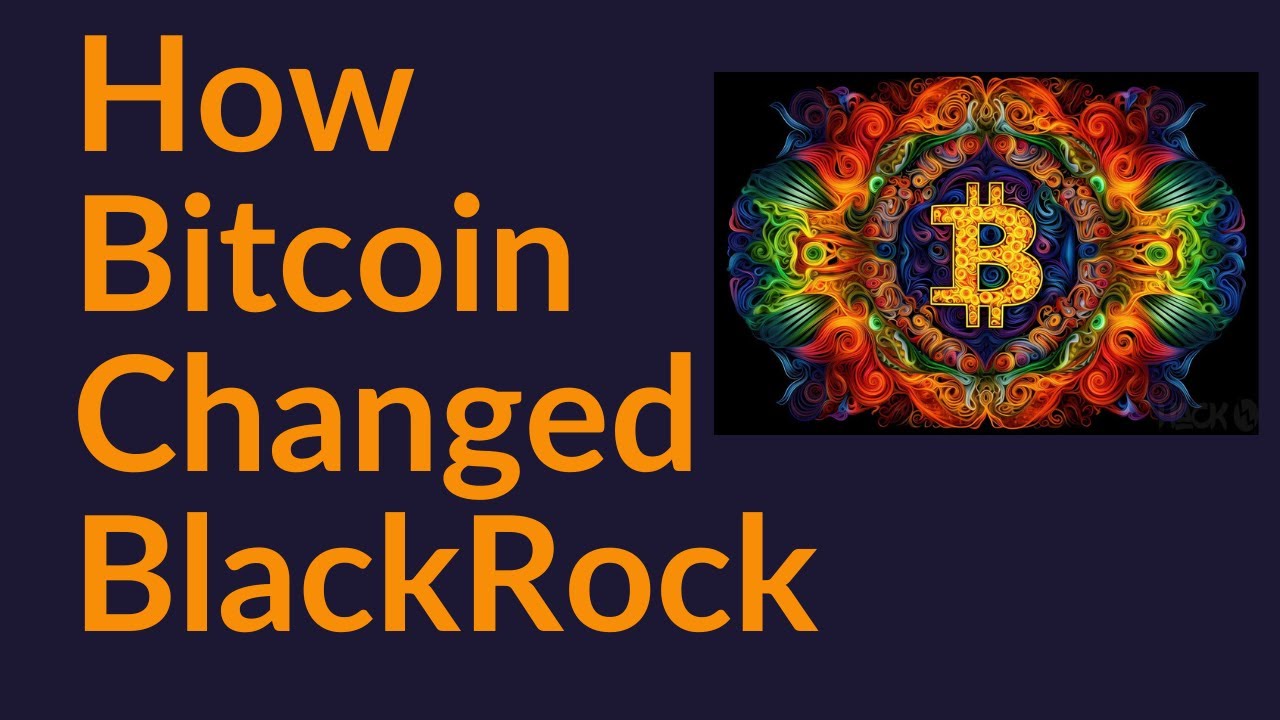The introduction of spot Bitcoin ETFs into the financial market has been a hot topic, stirring a mix of excitement and skepticism among investors and financial platforms alike. With the SEC’s nod of approval, the race to incorporate these digital asset funds into mainstream investment portfolios has kicked off. However, it’s not all smooth sailing. The rigorous due diligence processes implemented by heavyweight trading platforms are putting these shiny new investment vehicles through their paces, ensuring they’re not just another flash in the pan.
At the forefront of this cautious optimism is LPL Financial Holdings, a titan among independent broker-dealers in the United States. With a vast network of nearly 19,000 independent financial advisers managing a hefty $1.4 trillion in assets, LPL’s scrutiny of the newly minted Bitcoin ETFs is a significant hurdle for crypto advocates to clear. The big question on everyone’s mind: Will these digital darlings make the cut and find a home among the traditional stalwarts of investment portfolios?
The Balancing Act of Innovation and Stability
Rob Pettman of LPL Financial stands as the gatekeeper to a treasure trove of capital, embodying the delicate balance between embracing emerging asset classes and protecting clients from potential investment pitfalls. The next few months are critical for Bitcoin ETFs, as platforms like LPL decide which funds will grace their offerings. This period is not just about testing the waters; it’s a litmus test for the viability and longevity of these funds in the face of the financial industry’s notorious fickleness.
Pettman’s dual mandate is clear: navigate the tightrope of innovation without compromising on the safety net that investors rely on. This approach mirrors the stance of other major platforms, with Fidelity and Charles Schwab already trading these funds for their clients, while Vanguard opts to watch from the sidelines, showing no interest in launching its own Bitcoin ETF or facilitating trades of existing ones.
The inclusion of Grayscale’s GBTC ETF on LPL’s platform, thanks to its pre-existing trust structure, highlights the nuanced approach to integrating cryptocurrencies into mainstream finance. Yet, the fate of the other nine funds, including giants like BlackRock’s IBIT and Fidelity’s FBTC, hangs in the balance as they undergo LPL’s meticulous evaluation process.
The High Stakes of Financial Innovation
The ETF landscape is no stranger to the rise and fall of funds, with the past year witnessing a significant number of closures. This trend underscores the volatile nature of investment fashions and the high stakes involved in launching new funds, especially in the crypto-themed arena. The recent shutdowns of several crypto-themed ETFs, including the VanEck Digital Assets Mining ETF (DAM) and the Volt Crypto Industry Revolution and Tech ETF (BTCR), serve as cautionary tales of what can go awry when assets fail to attract sufficient interest.
Despite the buzz surrounding their introduction, spot Bitcoin ETFs are not immune to the challenges that have beset their predecessors. The stark disparity in asset sizes among these funds, from BlackRock’s iShares Bitcoin Trust boasting $3 billion in assets to the less fortunate WisdomTree Bitcoin Fund with under $12 million, paints a vivid picture of the uneven playing field.
Amrita Nandakumar of Vident Asset Management weighs in on the situation, emphasizing that despite the unprecedented hype, spot Bitcoin ETFs must navigate the same headwinds as any other fund in this mature market. The ability to amass meaningful assets swiftly is crucial to their survival; otherwise, the specter of closure looms large.
As the evaluation period unfolds, the financial community watches with bated breath. The outcome of this scrutiny will not only determine the fate of these pioneering funds but also set the tone for the integration of cryptocurrencies into broader investment strategies.





